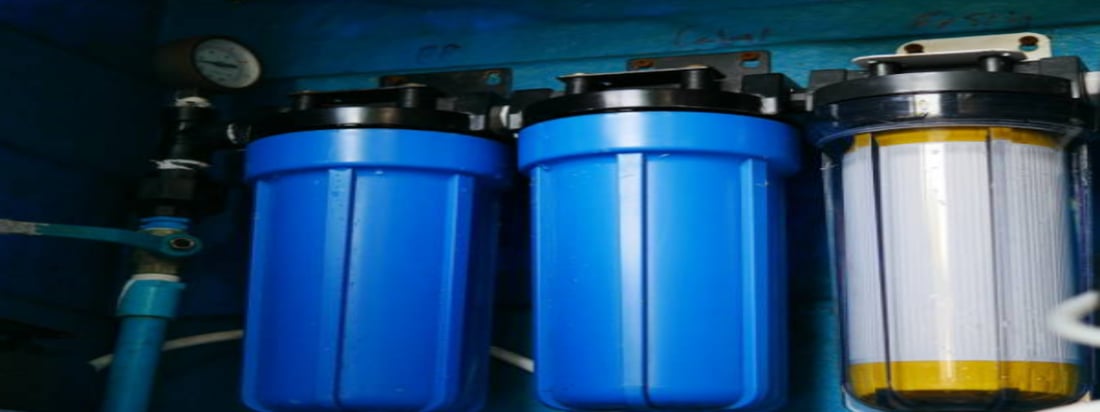Introduction
When it comes to choosing the right water purifier, the selection of technology can be daunting. From RO to UV and UF, there are a variety of technologies available in the market. Each technology comes with its own set of benefits and drawbacks. In this comprehensive guide, we will dive deep into the various water purification technologies and help you choose the best one for your needs.
Reverse Osmosis (RO)
RO technology is one of the most popular water purification technologies in the market. It uses a semi-permeable membrane to filter out contaminants from water. RO technology is highly effective in removing dissolved solids, heavy metals, and bacteria from water. However, it is not effective in removing viruses from water.
Ultraviolet (UV)
UV technology uses ultraviolet light to destroy bacteria and viruses in water. It is highly effective in killing bacteria and viruses, and it does not alter the taste or smell of water. However, it does not remove dissolved solids from water.
Ultrafiltration (UF)
UF technology uses a membrane with pores to filter out contaminants from water. It is effective in removing bacteria and viruses from water, but it may not be effective in removing dissolved solids and heavy metals from water.
Activated Carbon
Activated carbon technology uses carbon blocks to remove contaminants from water. It is effective in removing chlorine, pesticides, and other chemicals from water. However, it may not be effective in removing dissolved solids and heavy metals from water.
Distillation
Distillation technology involves boiling water and condensing the steam to produce purified water. It is effective in removing all contaminants, including dissolved solids and heavy metals. However, it is a slow process and consumes a lot of energy.
Ion Exchange
Ion exchange technology uses resin beads to remove dissolved solids from water. It is effective in removing minerals like calcium and magnesium from water. However, it may not be effective in removing bacteria and viruses from water.
Municipal Water Treatment
Municipal water treatment involves treating water at the source before it reaches your home. The treatment process may involve a combination of technologies, including chlorination, UV treatment, and filtration. The quality of municipal water can vary depending on the location.
Comparing the Technologies
When choosing a water purification technology, it is important to consider your specific needs and the quality of water in your area. RO technology is great for removing dissolved solids and heavy metals, while UV technology is effective against bacteria and viruses. UF technology is a good balance between the two. Activated carbon is great for removing chemicals, while distillation removes all contaminants. Ion exchange is best for removing minerals.
Conclusion
Choosing the right water purification technology can make a big difference in the quality of water in your home. By considering your needs and the quality of water in your area, you can choose the best technology for your needs.
water purifier, technology, reverse osmosis, ultraviolet, ultrafiltration, activated carbon, distillation, ion exchange, municipal water treatment
Which Technology Is Best for a Water Purifier: A Comprehensive Guide
Choosing the right water purification technology can make a big difference in the quality of water in your home. Read this informative guide to learn about reverse osmosis, ultraviolet, ultrafiltration, activated carbon, distillation, ion exchange, and municipal water treatment technologies.
Quote Inquiry

